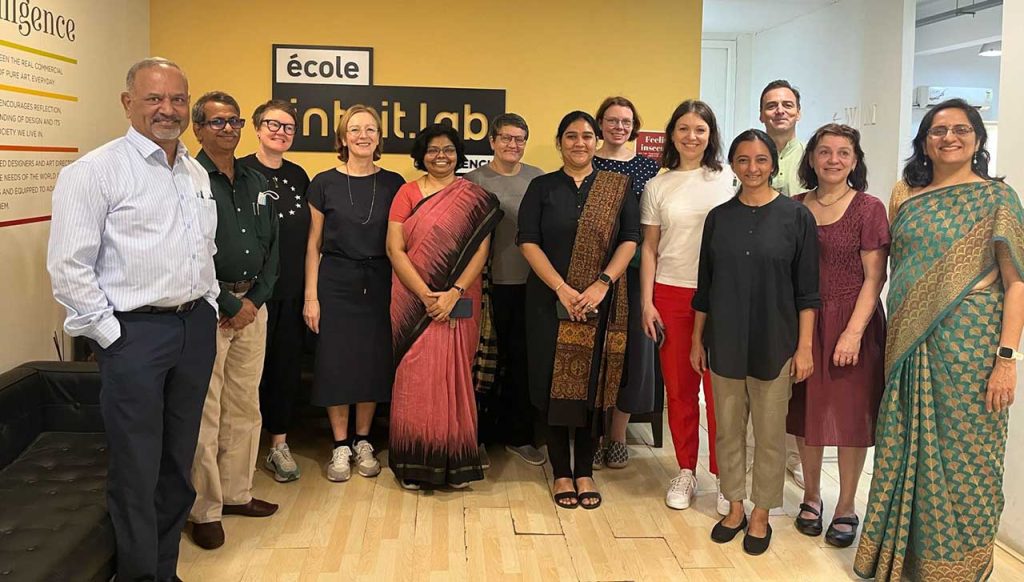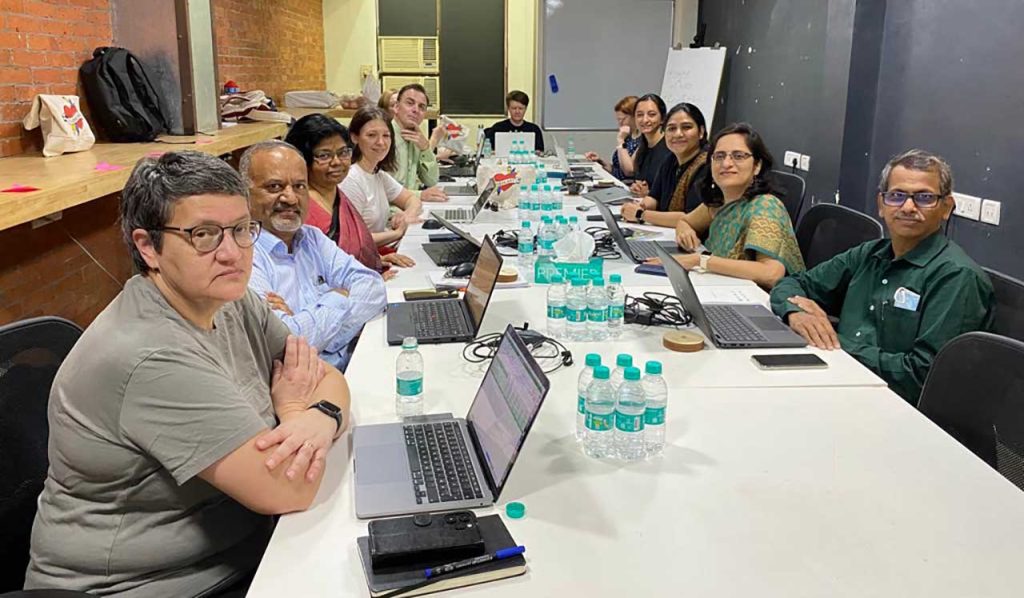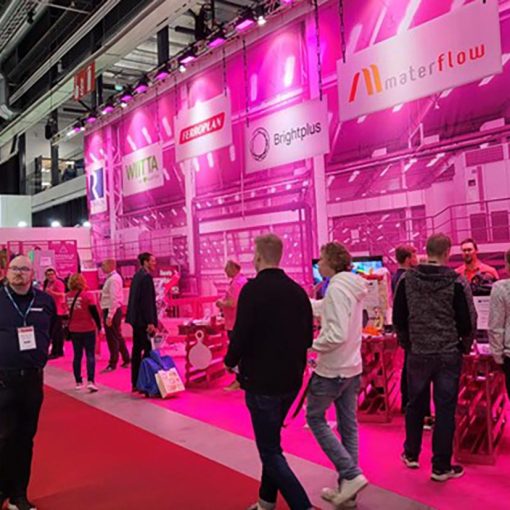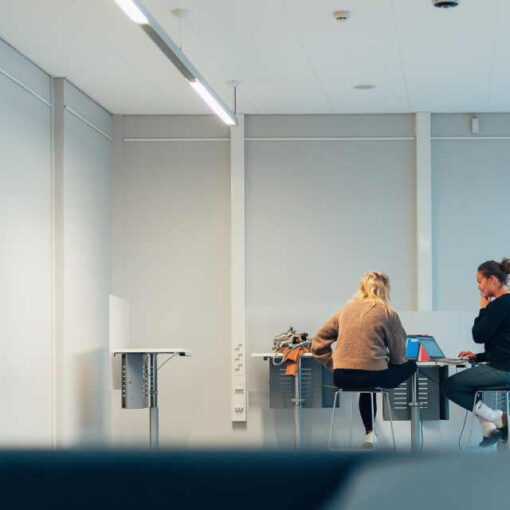On February 5-9, the Co-LIFE project team gathered in Mumbai, India, for the kick-off meeting. In total, eight partners are involved in the project, including higher education institutions from Finland, Denmark, Belgium, and India. Led by LAB University of Applied Sciences, the consortium comprises higher education institutions, including Laurea University of Applied Sciences, Aarhus BSS, Thomas More University of Applied Sciences, Arch College of Design & Business, Goa Institute of Management, Indian School of Development Management, and École Intuit Lab. During the kick-off meeting, partners created a common view on project activities, strengthened the team spirit and learned about cultural differences.

Co-LIFE project (Co-Designing Learning for Impact-Focused Entrepreneurship) aims to focus on creating innovative studies on impact-focused entrepreneurship, integrating the best practices and know-how of partners into the curricula of Indian partners from Delhi, Goa, Mumbai, and Jaipur (LAB 2024). The Co-LIFE project will deliver an accredited Impact-focused Entrepreneurship learning module (6ECTS), employing innovative pedagogical approaches such as Learning by Developing (LbD) and design thinking.
The project will tackle various societal and environmental issues in India, drawing inspiration from cases provided by all partners.

Real-life cases will be collected from collaborating companies, which are integral to the project. Furthermore, the project will establish a network of various stakeholders, including companies, authorities, and NGOs, to facilitate connections to real-world problems.
Two pilots for students and teachers are scheduled for spring 2025 and 2026. Students from all partner countries participating in the pilots will get together in India at the beginning and end of the course. During the pilots, students will form interdisciplinary and cross-cultural teams to collaborate on given challenges and develop new business ideas. After the first pilot, the results will be analyzed to incorporate lessons learned into the second pilot. Additionally, between the pilots, a train-the-trainer workshop for teachers will be held in Belgium.
Co-creation with students, companies, and other stakeholders, as well as collaboration between Indian and EU higher education institutions, will set the stage for the creation of a robust stakeholder ecosystem. The Co-LIFE project will enable social, economic, and environmental change by equipping future generations with the skills, tools, and mindset.
Author
Olga Bogdanova works as an RDI Specialist at LAB University of Applied Sciences and as a project manager in Co-LIFE project.

References
LAB. 2024. Co-LIFE. Project website. LAB University of Applied Sciences. Cited 13 Mar 2024. Available at https://lab.fi/en/project/co-designing-learning-impact-focused-entrepreneurship




